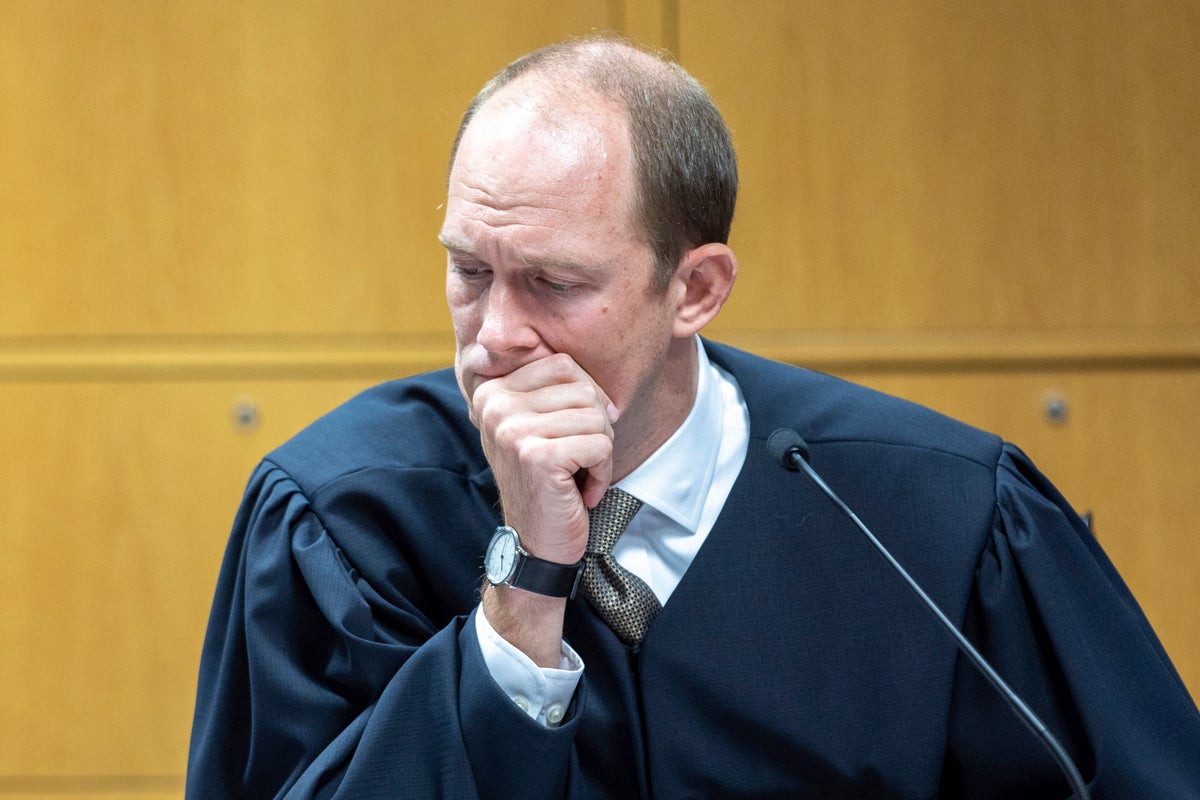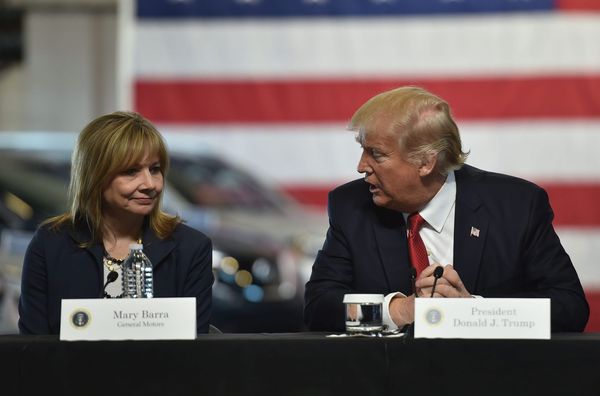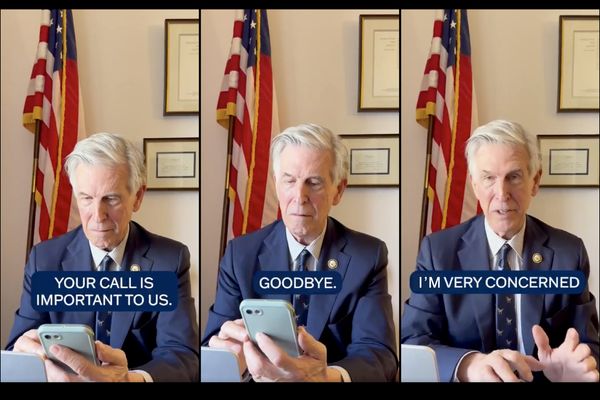
Georgia prosecutors estimate a four-month trial with more than 150 witnesses for the 19 defendants in a sweeping racketeering indictment targeting an alleged criminal enterprise to overturn the results of the 2020 presidential election in the state.
Prosecutors offered an early glimpse of the courtroom arguments against Donald Trump and 18 of his co-defendants during the first-ever televised hearing connected to the case on 6 September.
Fulton County prosecutors shot down arguments from attorneys for Kenneth Chesebro and Sidney Powell, who have sought to be tried separately on charges under the state’s Racketeer Influenced and Corrupt Organizations, or RICO statute, alleging 40 separate crimes and 161 different acts connected to an alleged criminal conspiracy to unlawfully reject election results.
Superior Court Judge Scott McAfee rejected efforts from Mr Chesebro and Ms Powell to sever their cases from each other, ordering that both will go on trial together. Jury selection will begin on 23 October.
But Judge McAfee appeared sceptical of prosecutors’ timeline and attempts to try all 19 defendants together, suggesting that a trial for all defendants at once would be “unrealistic” and could be twice as long as prosecutors estimate.
That four-month timeline does not include jury selection, prosecutor Nathan Wade said.
By comparison, in 2014, Ms Willis served as the chief prosecutor in a similarly sweeping RICO case targeting corruption within the Atlanta Public Schools system. Eleven of the 12 defendants were convicted in April 2015, roughly seven months after the beginning of the trial. One of the defendants died before the end of the trial.
Mr Chesebro and Ms Powell have pushed for an earlier trial, a request that Mr Trump has stenuously opposed.
Attorneys for Trump argued last month that having two months to prepare a legal defence “would violate President Trump’s federal and state constitutional rights to a fair trial and due process of law.”
He has also asked to be tried separately. So has former Trump-linked attorney John Eastman, whose attorneys argued in a court filing on 5 September that the timeline “does not give sufficient time to prepare for trial.”
Brian Rafferty, left, who is defending Sidney Powell, and Fulton County proscutor Nathan Wade, right, shake hands after Superior Judge Scott McAfee rejected attempts from Ms Powell and Kenneth Chesebro to sever their cases from one another in a Georgia election interference trial.— (EPA)
On Wednesday, attorneys for Mr Chesebro, among the chief architects of an allegedly fraudulent scheme to enlist Trump loyalists as presidential electors for the state won by Joe Biden, and Ms Powell, who is accused of leading an effort to unlawfully breach voting machines, have argued that the allegations against them have nothing to do with dozens of other acts involved in the case.
Fulton County Superior Couty Judge Scott McAfee.— (Getty Images)
The attorneys argued that their clients would be unjustly wrapped up in hours, days or weeks of testimony and evidence presentation for crimes they had nothing to do with. Mr Chesebro and Ms Powell and all other 17 defendants in the case have pleaded not guilty.
Brian Rafferty, an attorney for Ms Powell, said his efforts defending her for alleged actions solely involving Coffee County voting machines will be “washed away” when prosecutors and other attorneys present complex legal arguments and testimony regarding electoral college certification and other elements of the case.
“All of that is going to be prejudicial to my client,” he said.
But Fulton County prosecutors argued that all of the evidence in in the case is admissible against all of the defendants under the nature of the alleged criminal conspiracy.
Fulton County deputy District Attorney Will Wooten argued that their involvement in those incidents showed that the criminal enterprise “existed, and “that the enterprise was working.”
“Anytime a person enters into a conspiracy they are liable for all of the acts of all of their co-conspirators, and that’s it. Evidence against one is evidence against all,” he said.







